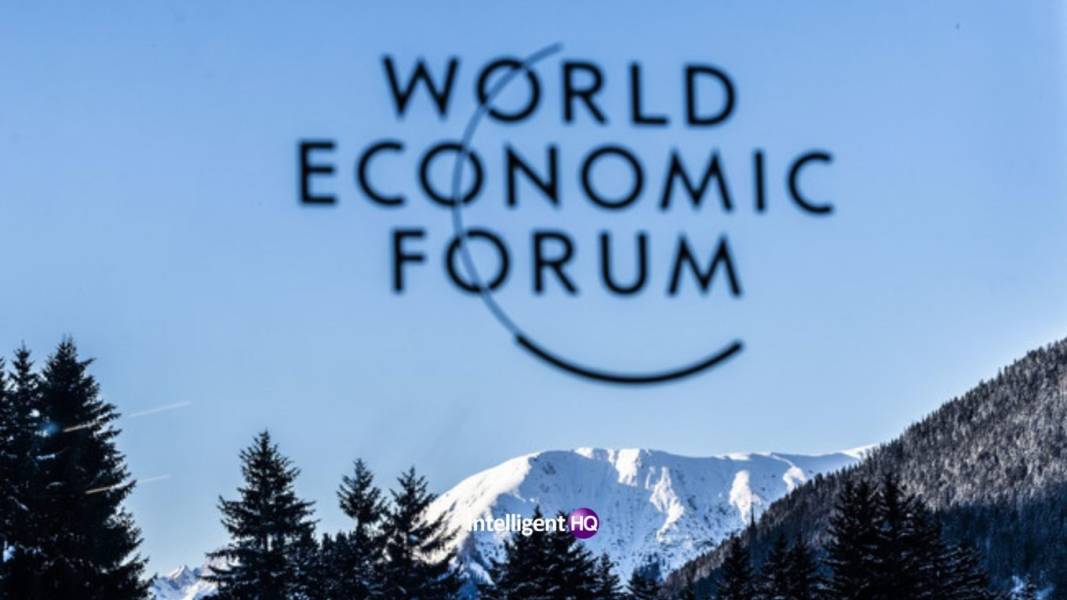The World Economic Forum (WEF) is a non-profit organization that focuses on promoting dialogue and collaboration between business, political, academic, and other leaders of society to shape global, regional, and industry agendas. The WEF hosts an annual meeting in Davos, Switzerland, which brings together leaders from various sectors to discuss and address pressing global issues.

In this year’s speech by UN Secretary General Antonio Guterres, he emphasized the need for cooperation between the private and public sectors in order to achieve a fairer world. He said:
“Business models and practices must be reworked to advance the Sustainable Development Goals. Without creating the conditions for the massive engagement of the private sector, it will be impossible to move from the billions to trillions needed to achieve the SDGs.
To lead the way to expand economic opportunity for women. To ensure greater engagement and cooperation for vaccine equity. To achieve global food security.
We urgently need other private sector actors to engage such as the banking sector, traders and shippers. Across the spectrum of global challenges, we need private sector resourcefulness and cooperation to advance peace, sustainable development and human rights.”
WEF often addresses emerging technology trends, sustainability and equity through various initiatives, such as its Center for the Fourth Industrial Revolution and its Global Future Councils. These initiatives bring together experts from various fields to discuss and develop solutions for the challenges and opportunities presented by new technologies, such as AI, blockchain, and biotechnology.
In addition to the annual meeting in Davos, WEF also hosts other events throughout the year, such as the Annual Meeting of the New Champions in China, which focuses on innovation and emerging technologies. They also organise various regional events to tackle the challenges and opportunities presented by new technologies in different parts of the world.
The Center for the Fourth Industrial Revolution
One example of how the World Economic Forum (WEF) addresses emerging technology trends is through its Center for the Fourth Industrial Revolution. The center brings together experts from various fields, including technology, business, and government, to discuss and develop solutions for the challenges and opportunities presented by new technologies such as artificial intelligence, blockchain, and biotechnology.
One specific use case is the WEF’s initiative on blockchain governance. The initiative aims to develop a framework for the governance of blockchain networks that is inclusive, transparent, and accountable. This effort brings stakeholders from different sectors, including governments, private companies, and civil society organizations, to explore blockchain technology’s opportunities and challenges and identify best practices for its governance. The initiative also supports the development of practical tools, such as a blockchain governance assessment tool, that can be used by organizations to evaluate their own blockchain governance practices.
Another example is WEF’s initiative on AI governance. It focuses on the responsible deployment and use of AI in order to maximize its benefits while minimizing its risks. The initiative aims to promote dialogue and collaboration between governments, private companies, and civil society organizations on AI governance, and to develop practical tools and recommendations for the responsible use of AI.
These initiatives demonstrate how WEF actively tackles emerging tech trends by bringing together experts from various fields and creating a platform for dialogue and collaboration to shape global, regional and industry agendas on the impact of emerging technologies.
In addition to WEF, there are many other global events that focus on emerging technology trends. For example, the Consumer Electronics Show (CES) and Mobile World Congress (MWC) are annual events that showcase the latest technological innovations in consumer electronics and mobile communication, respectively. The SXSW conference is also an annual event that focuses on new technologies, entertainment, and culture
Regarding the WEF and global events, Dinis Guarda interviewed Mark Mueller-Eberstein, a globally recognized authority on blockchain, compliance, angel investing, cryptocurrency and accounting software. Watch it on YouTube, Mark is a serial entrepreneur, bestselling author, and international speaker about his presence at events such as the World Economic Forum which can be watched now on YouTube.
In summary, WEF and other global events play an important role in addressing emerging technology trends by bringing together leaders and experts from various fields to discuss and develop solutions for the challenges and opportunities presented by new technologies.

Peyman Khosravani is a seasoned expert in blockchain, digital transformation, and emerging technologies, with a strong focus on innovation in finance, business, and marketing. With a robust background in blockchain and decentralized finance (DeFi), Peyman has successfully guided global organizations in refining digital strategies and optimizing data-driven decision-making. His work emphasizes leveraging technology for societal impact, focusing on fairness, justice, and transparency. A passionate advocate for the transformative power of digital tools, Peyman’s expertise spans across helping startups and established businesses navigate digital landscapes, drive growth, and stay ahead of industry trends. His insights into analytics and communication empower companies to effectively connect with customers and harness data to fuel their success in an ever-evolving digital world.












